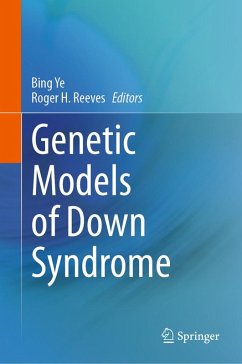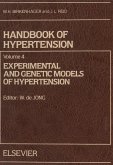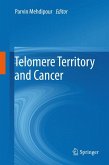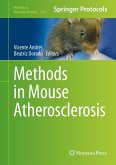Down syndrome is a textbook example of a chromosomal disorder and is common, occurring in 1 in 700 live births in the US. While there are many books previously published on the genetics of Down syndrome, and many studies in diverse species, this is the first book of its kind on the research models for Down syndrome that covers animal models. This book offers an in-depth introduction and discussion of the genetic models of down syndrome across diverse species, including rodents, zebrafish, drosophila, and human organoids. Authors use a cross-cutting approach to compare the strengths and weaknesses of each model system, explore how to use model organisms to study human diseases, and capture the status of the field. This book is a useful resource for biomedical researchers and students interested in using model systems to study Down syndrome and learn about Down syndrome and other chromosomal disorders.
Dieser Download kann aus rechtlichen Gründen nur mit Rechnungsadresse in A, B, BG, CY, CZ, D, DK, EW, E, FIN, F, GR, HR, H, IRL, I, LT, L, LR, M, NL, PL, P, R, S, SLO, SK ausgeliefert werden.









